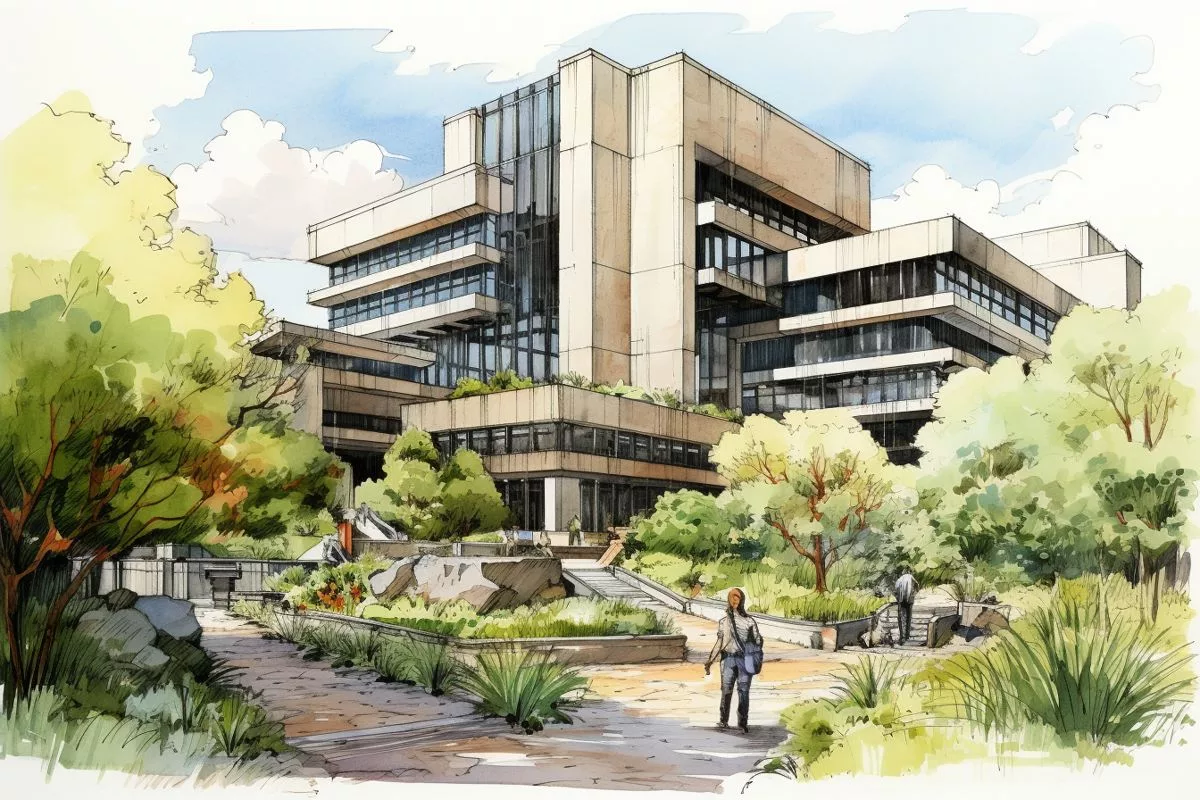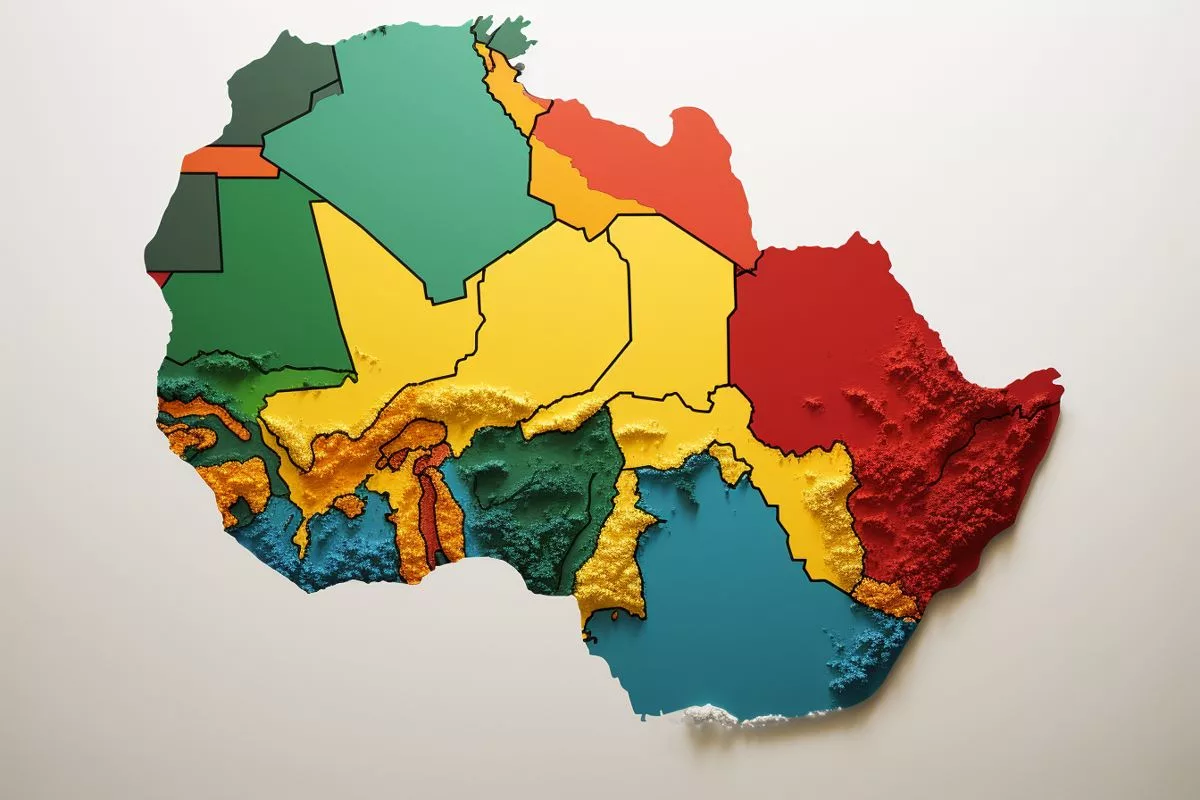“Charting a New Course” is a documentary that explores the incredible impact of South Africa’s Social Relief of Distress (SRoD) grant, a monthly aid of R350 that has been instrumental in supporting jobless adults during the COVID-19 crisis. By following the personal stories of four primary beneficiaries, the film showcases how the grant has not only been a lifeline for countless jobless adults but has also empowered them in their pursuit of employment or other economic endeavors, while fortifying local economies and averting disastrous financial outcomes. The documentary serves as a call to action for national leaders to embrace the transformative potential of social assistance and invest in a universal basic income support program to reshape South African society for the better.
What is South Africa’s Social Relief of Distress Grant?
South Africa’s Social Relief of Distress (SRoD) grant is a monthly aid of R350 launched in May 2020 to support jobless adults during the COVID-19 crisis. The grant has been instrumental in fortifying local economies and averting disastrous financial outcomes. President Cyril Ramaphosa has praised the grant’s effectiveness in easing poverty and empowering recipients in their pursuit of employment or other economic endeavors. The grant has been extended into its fifth year, signifying its undeniable impact.
A Lifeline for Millions: South Africa’s Social Relief of Distress Grant
The thought-provoking documentary “Charting a New Course” delves into the remarkable influence of South Africa’s Social Relief of Distress (SRoD) grant, launched amid the COVID-19 crisis. By focusing on the stories of four primary beneficiaries, the film skillfully intertwines their personal journeys with expert opinions, exploring the life-altering power of this modest R350 per month grant. Born out of necessity, this support has not only been a lifeline for countless jobless adults but has also been instrumental in fortifying local economies and averting disastrous financial outcomes.
For years, the South African government has offered social grants to aid vulnerable demographics such as children, the elderly, and people with disabilities. However, employable adults remained unsupported, despite the constitutional entitlement to social security. The implementation of the SRoD grant in May 2020 marked a turning point, delivering critical aid in a nation with almost 12 million jobless adults.
In November 2023, Finance Minister Enoch Godongwana revealed the extension of the SRoD grant into its fifth year during his Medium Term Budget Policy Statement, signifying its undeniable impact. President Cyril Ramaphosa has also praised the grant’s effectiveness in not only easing poverty but also empowering recipients in their pursuit of employment or other economic endeavors.
The Ripple Effect: Social Assistance as a Catalyst for Change
Research conducted in 42 countries has shown that social assistance income support can create a multiplier effect on government grant expenditure, particularly in countries with high inequality. As one of the most unequal nations in the world, South Africa stands to gain tremendously from such a grant, transforming local economies and individual lives.
“Charting a New Course,” financed by the UN Sustainable Development Fund via UNICEF South Africa, highlights the transformative potential of universal social protection. The film echoes the message of the Kenyan Netflix documentary “Free Money,” emphasizing the relevance of South Africa’s policy intervention.
The documentary underscores the possibility of groundbreaking change that could affect not only individuals but also the nation and the whole region by telling the personal stories and ambitions of the beneficiaries. This transformation hinges on national leaders’ audacity to establish a permanent, substantial universal basic income support program, capable of revitalizing stagnant economies and restoring dignity to millions of South Africans.
Throughout the film, audiences meet policy experts, including Social Development Minister Zulu, who offer valuable perspectives on the grant’s life-changing nature. Furthermore, the documentary illustrates the disastrous consequences the discontinuation of the grant could have on the beneficiaries, arguing for its ongoing support and expansion.
The Power of Social Assistance: A Path to a Better Future
“Charting a New Course” encapsulates the essence of how a meaningful universal basic income could revolutionize the lives of millions of people, the economy, and South Africa as a whole. The film pays tribute to the determination and resilience of its beneficiaries, who confront the challenges of joblessness and poverty head-on. Simultaneously, it presents a persuasive argument for the necessity of such grants in empowering and elevating vulnerable populations.
As South Africa continues to struggle with inequality and unemployment, “Charting a New Course” serves as a crucial reminder of the power of social assistance in transforming lives and communities. The documentary demonstrates the dramatic impact a simple grant can have on people’s lives, offering hope and prospects for a brighter future. It also acts as a call to action for national leaders to capitalize on this opportunity and invest in a universal basic income that will ultimately reshape South African society for the better.
“Charting a New Course” can now be viewed on https://dsdtv.org.za/movie/social-relief-of-distress-grant-srd-grant-trailer/ and www.spi.net.za.
By presenting a poignant and captivating narrative, “Charting a New Course” serves as an invaluable resource for those interested in comprehending the transformative potential of social assistance and its effects on society. As South Africa teeters on the edge of a potentially revolutionary moment, this documentary sheds light on the way forward, encouraging leaders to embrace the opportunities that a universal basic income support program can present.
1. What is “Charting a New Course”?
“Charting a New Course” is a documentary that explores the incredible impact of South Africa’s Social Relief of Distress (SRoD) grant, a monthly aid of R350 that has been instrumental in supporting jobless adults during the COVID-19 crisis.
2. What is the Social Relief of Distress Grant?
South Africa’s Social Relief of Distress (SRoD) grant is a monthly aid of R350 launched in May 2020 to support jobless adults during the COVID-19 crisis.
3. How has the SRoD grant impacted jobless adults in South Africa?
The grant has not only been a lifeline for countless jobless adults but has also empowered them in their pursuit of employment or other economic endeavors, while fortifying local economies and averting disastrous financial outcomes.
4. How long has the SRoD grant been extended for?
The grant has been extended into its fifth year, signifying its undeniable impact.
5. What is the potential impact of social assistance income support on South Africa’s economy?
Research conducted in 42 countries has shown that social assistance income support can create a multiplier effect on government grant expenditure, particularly in countries with high inequality, such as South Africa.
6. Who financed “Charting a New Course”?
“Charting a New Course” was financed by the UN Sustainable Development Fund via UNICEF South Africa.
7. Where can “Charting a New Course” be viewed?
“Charting a New Course” can be viewed on https://dsdtv.org.za/movie/social-relief-of-distress-grant-srd-grant-trailer/ and www.spi.net.za.
8. What is the main message of “Charting a New Course”?
“Charting a New Course” serves as a call to action for national leaders to embrace the transformative potential of social assistance and invest in a universal basic income support program to reshape South African society for the better.








